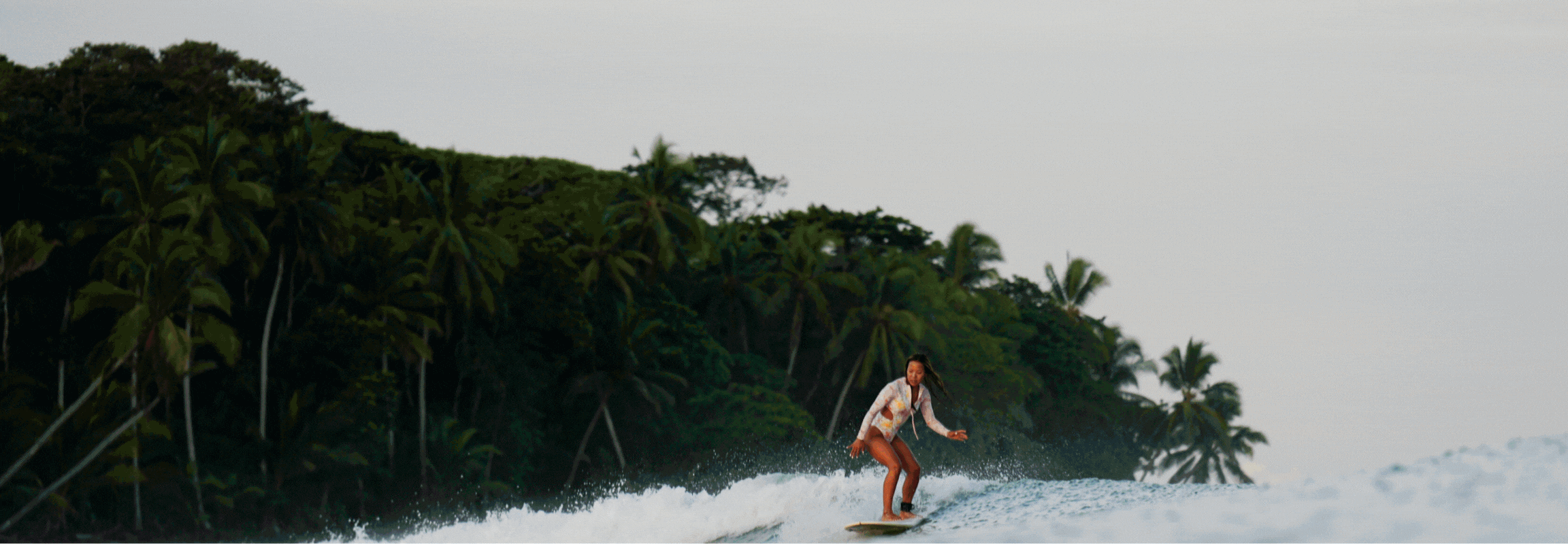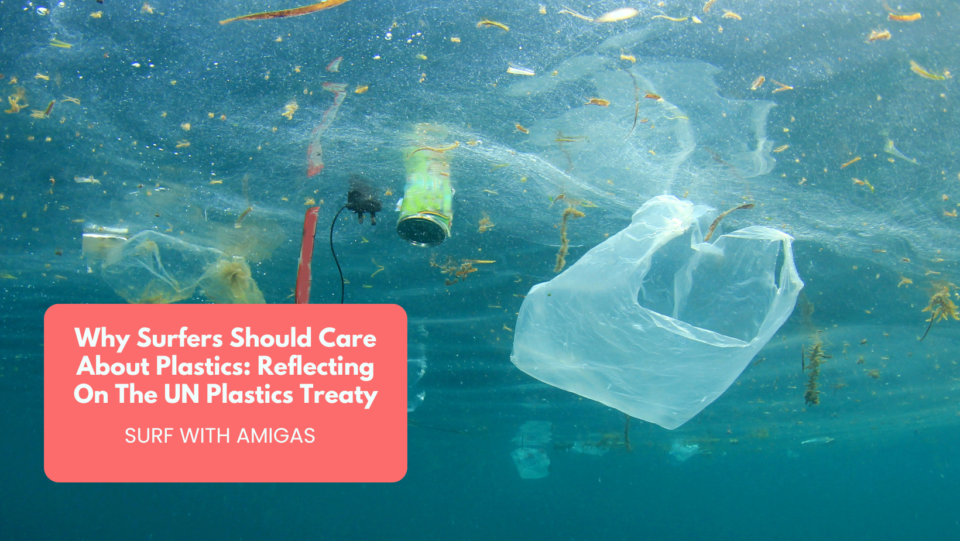Humans emit more than 250 billion chemical substances a year.
Whether we want to believe it or not, we are living in a toxic world saturated with man-made chemicals. Synthetic products live in every corner of our homes, we slather them on our bodies, and are subject to an increasing number of pollutants and particulates in our air. This may sound like the kind of alarmist talk that makes you want to run and hide under the covers and never think about it again. However, it simply is the world as we now know it. Plastics are one of these repeat chemical offenders. While plastics have become a seemingly useful, universal product, they pollute 90% of our planet, and have extreme ramifications. Moreover, plastic waste is often mishandled and not properly disposed of, with the global plastic recycling rate being only 9%. In both small and large forms we see it littering our environments, our waterways, our food, our bodies and even brains.
So, one can understand the gravity of the situation and what was at stake when nearly 200 nations met in Busan, South Korea November 25th to December 1st for what was meant to be a fifth and final round of talks for the United Nations Intergovernmental Negotiating Committee (INC) to develop a legally binding global plastic pollution treaty, including the marine environment. INC meetings gather representatives from member states, relevant NGOs, industry stakeholders, and experts to discuss and negotiate specific measures and commitments to combat plastic pollution on a global scale.
With support from
Surf With Amigas and the European youth advocacy non-profit Waves of Change, I was able to attend the negotiations as a youth delegate. I joined a team of 50 youth (35 and under) from around the world that pushed to include youth voices in the treaty’s outcome, and interacted with scientists and other officials on the frontlines of the fight against plastic pollution
. Here are my major takeaways from the event, and a bit about why we should care about plastic pollution, both as surfers and citizens of the world.
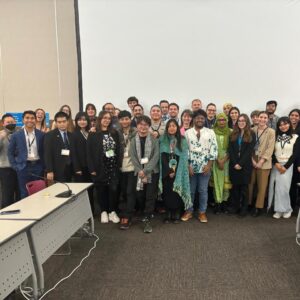

6 things I Learned About Plastics
1.Over 16,000 chemicals are involved in plastic production (plastic chemical compounds come from crude oil and natural gas).
2. Many of these chemicals used are severe endocrine disrupters, affecting general health, sperm count, fertility, and more. Plastics, as well as the chemicals in the, can affect DNA structure and disrupt DNA sequencing (causing Alzheimer’s, strokes, etc.)
3. Throughout our lifetime, it is likely we will have at least a credit card’s worth of microplastics in our bodies. Microplastics have been found in placentas and can even cross the blood brain barrier into our brain.
4. 11 million metric tons of plastic enter the ocean per year, affecting marine life and ocean ecosystems.
5. Taxpayers pay billions of dollars each year that go towards government subsidies which sustain plastic industries! In the U.S. alone over the past decade, this has amounted to over 9 billion dollars in tax breaks or subsidies for state and local governments which produce plastics. Globally, it looks closer to $30 billion per year.
6. Although it is essential we manage our plastic waste properly, due to processing even recycling centers can be large emitters of the chemicals within plastics!
***Other important points include waste management’s capacity to successfully manage plastic, ecosystem imbalances, land and marine life threats, and the list goes on! Bottom line is, there are plenty of reasons why we are obligated to act, be it based in ethics, environment, health or responsibility for future generations.
The Politics, Power and Plastics Dynamic
As an observer and youth delegate, I had the opportunity to enter the negotiations rooms with member states. This was an exciting opportunity, but within the first few days I learned that despite four rounds of preceding negotiations, plus years of hard, science-backed evidence, with said scientists in attendance to prove it, there were elaborate displays of power, politics, and slow-moving bureaucratic resistance to negotiations. Perhaps I shouldn’t have been too surprised, as our news and media landscapes are inundated with information that displays this, but witnessing it in real time brought this sentiment to another level. Countries spent hours debating rules of procedure for the negotiations, including voting systems and other logistics. To give you more of an idea of what exactly this looked like, picture this: discussing for three to five hours about whether we should review proposed textual additions to the treaty line by line, or paragraph by paragraph. Hello, headache!
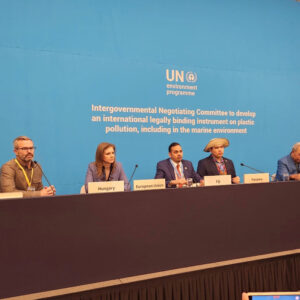
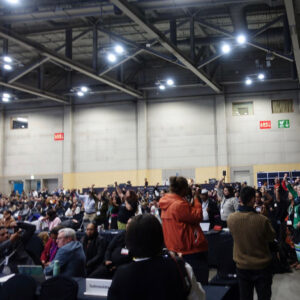
Still after a week of negotiations, deep divisions remained between a group of over 100 “high ambition” countries calling for plastic to be phased out and oil-producing nations who argued this would affect the world’s development, and of course notably disrupt their revenue streams and national interests. Much to my disappointment, as well as many others around the world, the event didn’t conclude in the production of an official treaty. Negotiations have been postponed, to resume at a later date.
Despite times of tedious discussions, I gained a renewed sense of appreciation for the hurdles we have had to jump through to even arrive at the point of having these negotiations, as well as the patience and persistence of all stakeholders involved. The road to change may be a long and windy one, but at least we’re attempting to drive. That being said, we still have a long way to go.
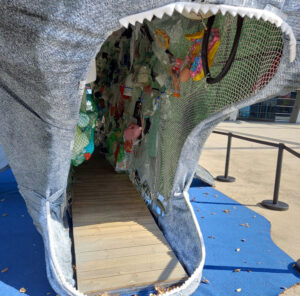
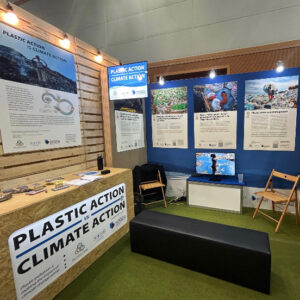
Why We Must Act
As surfers we have a unique connection to the ocean, and this makes the issue of plastic pollution especially personal. The stakes are high: plastic pollution not only mars beaches and waves but also poses serious health risks to marine life and humans alike. Surfers are often the first to witness these changes in their local breaks, from entangled sea creatures to marine debris. We can play the role of citizen scientists in recognizing these disruptions and pushing for practices and policy that ensure future generations can experience clean waves and waterways.
Moreover, we can push for influential changes within the surf industry. To name one predominant example, traditional wetsuits are primarily made from neoprene, a petroleum-based plastic that is neither biodegradable nor recyclable. Neoprene microfibers can be released into the ocean and further affect marine life systems. The production, use and disposal of these wetsuits contributes to plastic pollution! Yulex, limestone-based neoprene, plant-based materials, or upcycled fabrics can offer inspiring alternatives to traditional neoprene while keeping you warm.
Besides plastics used in the surf industry, most importantly I challenge readers to think about plastic use in their every day lives. We’ve become so accustomed to overconsumption and packaging of plastic that it’s easy to believe you don’t consume much until you begin to consciously consider every piece, large and small. In conclusion of this blog I’ll pose the question, have you ever tried to go without plastics? Give it a week, a month, or more if you’re really ambitious, and you’ll start to recognize how entrenched we are in a plastic world. Plastic products are often an easy option, especially when traveling. From single-use coffee cups to water bottles, tupperware containers, and general supermarket packages, we’re surrounded by them. However, until we have ambitious top-down change, it’s largely up to us as individuals to take a hard stance and actively decide to reduce plastic consumption in favor of reusable alternatives.
After experiencing my first whirlwind of and INC event, I can confidently conclude that we must keep pushing for change, make responsible decisions with our dollars to support the industries we’d like to see flourish, and not give up hope that we’ve passed the point of no return. The passion, drive and commitment seen from most member states, indigenous groups, and other outside stakeholders and organizations, reminded me that we must not be complacent. The youth shared especially powerful stories, and many in attendance were working as unpaid, yet passionate volunteers fighting for change. Although plastics’ degradative effects on both the environment and our health may move at a speed that wildly outmatches policy making, all we can do is aim to create inclusive solutions that incentivize a better world. We must tackle plastics from the source of production, focus on high-risk items like single use plastics, hold countries accountable for their actions, and strive to create a change that leaves no one behind.
Thanks again to Surf With Amigas for supporting my attendance at this important event, and always aiming to be agents of change for ocean communities.






